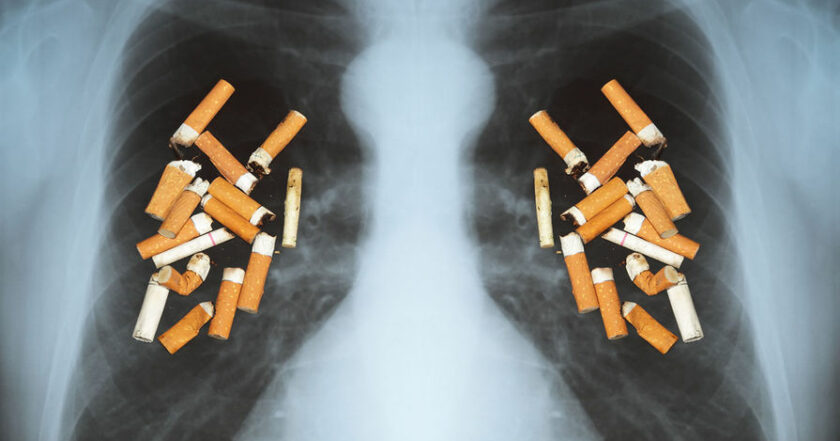Scientific advances can seriously reduce the devastating health effects of tobacco products - Global Nicotine Forum

Photo Depositphotos
There's a serious demand in the world to reduce the negative impact of tobacco products on human health and science is ready to give a reasonable response to this demand. But the key issue is whether politicians and officials around the world are ready to put a science-based approach into practice.
These issues were discussed by anti-smoking scientists and activists on June 17-18 at the Global Nicotine Forum 2021 in Liverpool (UK).
During the forum, speakers and participants discussed issues that determine the future of safer nicotine use and tobacco harm reduction.
"There's a risk of science 'politicization' (in smoking tobacco – ed.), which leads to research bias. It's important that scientists and researchers under the influence of external funding don't become political activists who achieve certain results," Clive Bates, an expert in the field of tobacco legislation, head of ASH UK (1997 – 2003), a leading anti-smoking organization, director of Counterfactual Consulting, stated.
First, according to the expert, such an approach could negatively affect the market of alternative nicotine-containing products: electronic tobacco heating systems (where there's no combustion process), vapes, and snus, which have already seriously reduced consumption of more dangerous traditional cigarettes.
David Sweanor, a professor at the University of Ottawa and an active participant in the smoking reduction movement in Canada and around the world, said that in order to have a real chance to reduce smoking and improve public health, the tobacco industry couldn't be completely excluded.
"When I started working on steps to reduce smoking in the early 1980s, one of my activities was to study the industry. Because, ultimately, if you want to succeed in regulation, policy, or litigation, you need to have a realistic idea of your opponent."
Another issue raised is the willingness of the health care system to turn nicotine innovations to its advantage.
"Scientific advances can seriously reduce the destructive effects of cigarettes," said David Swenor. "We see a huge number of consumers who really want to switch to alternative products. We know that these products can work better. So there will definitely be innovation. The question is, will we try to turn this to public health? For this, we require reasonable control regimes."

















































